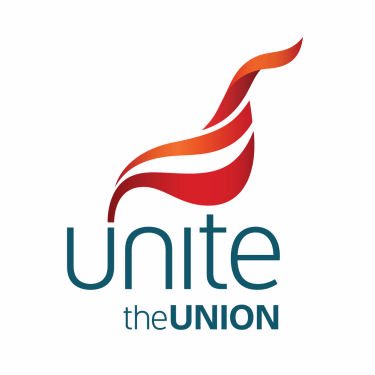Agency ruling will amplify indefinite strike at St Mungo’s

Agency ruling will amplify indefinite strike at St Mungo’s
A recent High Court ruling will plunge the charity into crisis without swift action
Unite has written to warn councils using St Mungo’s homelessness services
Unite has warned that St Mungo’s can no longer rely on agency labour to run a skeleton service while paying dedicated homelessness workers a pittance.
Workers at the charity have been on indefinite strike action since 27 June. A recent High Court ruling now threatens to plunge the charity into crisis without swift action.
From Wednesday 10 August employers will be barred from recruiting agency staff to undermine legal strike action (see notes). The charity is currently using a number of agencies.
Unite general secretary Sharon Graham said: “Bosses at St Mungo’s can’t hide behind agency labour anymore in order to pay homelessness workers a pittance.
“The only way to resolve this strike is to enter into real negotiations. Irresponsibly dragging out this dispute past the 10 August will plunge the charity into a crisis. Unite stands ready to thrash out a deal if bosses at St Mungo’s are ready.”
St Mungo’s increased its pay offer from 2.25 per cent to a paltry 3.7 per cent. This is despite St Mungo’s having £16 million in cash and substantial reserves. The pay offer was rejected. Bosses have failed to make any attempt to improve the offer.
The charity’s pay offer fell short of alleviating the workers’ fear of being unable to pay their rent or mortgage on their current poverty wages.
Unite has recruited 350 new members since the start of the strike.
Unite regional officer Steve O’Donnell said: “St Mungo’s has been using agency staff to try to undermine our strike but it hasn’t worked. All it has done is drag out the dispute and contribute to a toxic culture. Bosses have been doing workers and the people who rely on the charity a great disservice. Management needs to realise that our members are standing firm so it’s time to negotiate.”
Unite balloted over 500 workers across southern England including in London, Bristol, Brighton, Oxford, Bournemouth and Reading.




